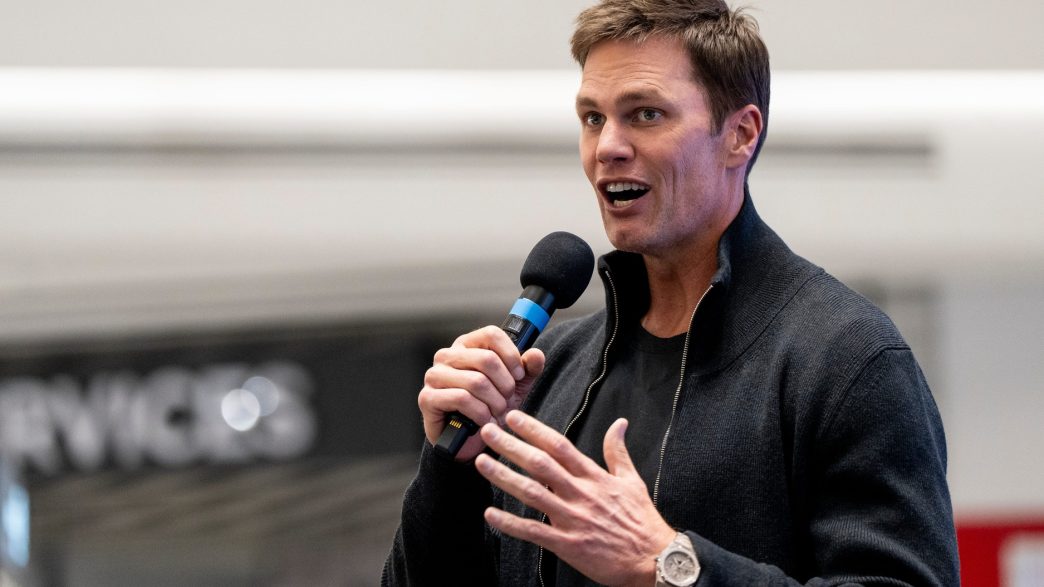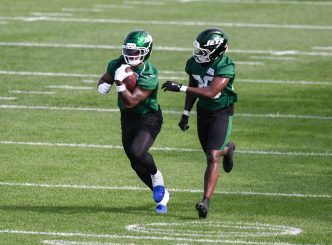When the Raiders relocated from Oakland to Las Vegas in 2020, the move was met with skepticism from fans and analysts. Could a franchise with a gritty, blue-collar identity thrive in the glitz of Sin City? Five years later, the answer is a resounding yes. Despite a 6-11 record in 2024 and only one playoff appearance since the move, the Raiders have become a financial and cultural juggernaut, with 2024 revenue reaching $650 million (per CNBC) and a franchise valuation of $7.2 billion (Forbes), up 80% from $4.0 billion in 2020. Fueled by the state-of-the-art Allegiant Stadium, Las Vegas’ entertainment ecosystem, and a reimagined brand, the Raiders are proving that in the NFL, a winning record is optional when you’re backed by the city that never sleeps.
A Financial Boom in the Desert
The Raiders’ financial trajectory since their relocation is striking:
- 2020: $4.0 billion valuation, $400 million revenue (Forbes, CNBC)
- 2021: $4.3 billion valuation, $420 million revenue
- 2022: $5.1 billion valuation, $480 million revenue
- 2023: $6.2 billion valuation, $580 million revenue
- 2024: $7.2 billion valuation, $650 million revenue
This growth has occurred despite middling on-field results. Since moving to Las Vegas, the Raiders have posted records of 8-8 (2020), 10-7 (2021, with a playoff loss), 6-11 (2022), 8-9 (2023), and 6-11 (2024). Under coaches like Antonio Pierce and quarterbacks ranging from Derek Carr to Aidan O’Connell, the team has struggled to compete in the AFC West against powerhouses like the Kansas City Chiefs. Yet, their financial success tells a different story, driven by a relocation that tapped into Las Vegas’ unique market and the NFL’s economic machine.
Allegiant Stadium: The House That Wins
The cornerstone of the Raiders’ transformation is Allegiant Stadium, a $1.9 billion architectural marvel opened in 2020. Nicknamed the “Death Star” for its sleek, black exterior, the 65,000-seat venue is a revenue-generating machine. Beyond NFL games, it hosts concerts by artists like Taylor Swift and Beyoncé, college football bowl games, and international soccer matches, generating $100 million in non-NFL revenue annually. The stadium’s 128 luxury suites, priced at $500,000 to $2 million per season, sold out through 2027, while a $20 million naming rights deal with Allegiant Air adds to the coffers.
Las Vegas’ tourism-driven economy amplifies the stadium’s impact. With 42 million visitors annually, the city draws fans from across the globe, boosting ticket and merchandise sales. Raiders home games average 62,000 attendees, with 30% coming from out of state, per team data. The stadium’s proximity to the Las Vegas Strip, combined with pre-game fan experiences like the “Raider Walk” at Caesars Palace, has turned games into must-see events. One X user captured the vibe: “Raiders might lose, but Allegiant is a party. Worth every penny.”
Rebranding for Sin City
The Raiders have leaned into Las Vegas’ glitzy identity, reimagining their brand to blend their pirate-themed grit with Sin City’s showmanship. Their “Silver and Black” aesthetic, featuring skull logos and flame-throwing pyrotechnics at games, resonates with both loyal Oakland fans and new Vegas converts. Merchandise sales rank among the NFL’s top 10, with Davante Adams and Maxx Crosby jerseys leading a 20% sales spike in 2024, despite the team’s losing record.
Sponsorships have also surged, with deals like a $15 million annual partnership with MGM Resorts and new agreements with Wynn Las Vegas. The Raiders’ digital strategy, including a “Raider Nation” app with augmented-reality game-day features and exclusive content, added $10 million in revenue in 2024. Their X following grew to 2.5 million, with viral campaigns like #RaiderVegas driving 25% higher engagement than in Oakland.
Why Wins Aren’t Everything
The Raiders’ financial rise mirrors the Cowboys’ and Browns’ ability to thrive off the field, but Las Vegas’ unique market sets them apart. The NFL’s $12.4 billion annual media rights deal through 2032 ensures a baseline revenue stream, but the Raiders capitalize on Vegas’ entertainment cachet. Owner Mark Davis, who spearheaded the relocation, has been praised for his vision, even as fans criticize his football decisions. “Mark Davis bet on Vegas, and it’s paying off,” said NFL Network’s Ian Rapoport. “The Raiders are a brand, not just a team.”
The team’s fanbase, known as “Raider Nation,” remains fiercely loyal, with season ticket renewals at 95% in 2024. High-profile players like Adams and Crosby, combined with the hiring of general manager Tom Telesco, keep the Raiders relevant, even if playoff berths remain elusive. Las Vegas’ hosting of Super Bowl LVIII in 2024 at Allegiant Stadium further elevated the team’s profile, generating $50 million in local economic impact.
A Glittering Future
As the Raiders’ revenue climbs, their on-field prospects are uncertain. The 2025 season, with a tough AFC West schedule and questions at quarterback, may test fans’ patience. Yet, the franchise’s financial outlook is dazzling. Plans to expand Allegiant Stadium’s event portfolio, including a potential Formula 1 race, could push annual revenue past $700 million by 2027. Analysts project the team’s valuation could hit $9 billion by 2030, especially if Las Vegas secures more global sporting events.
Fans on X reflect the duality: “$7.2 billion team, and we’re 6-11. But I’m flying to Vegas for the next home game.” The Raiders’ story is a testament to the NFL’s ability to turn location and spectacle into profit. Like the Cowboys’ brand dominance and the Browns’ fan loyalty, the Raiders’ Las Vegas gamble has paid off, proving that in Sin City, the house—and the team—always wins, regardless of the scoreboard.








